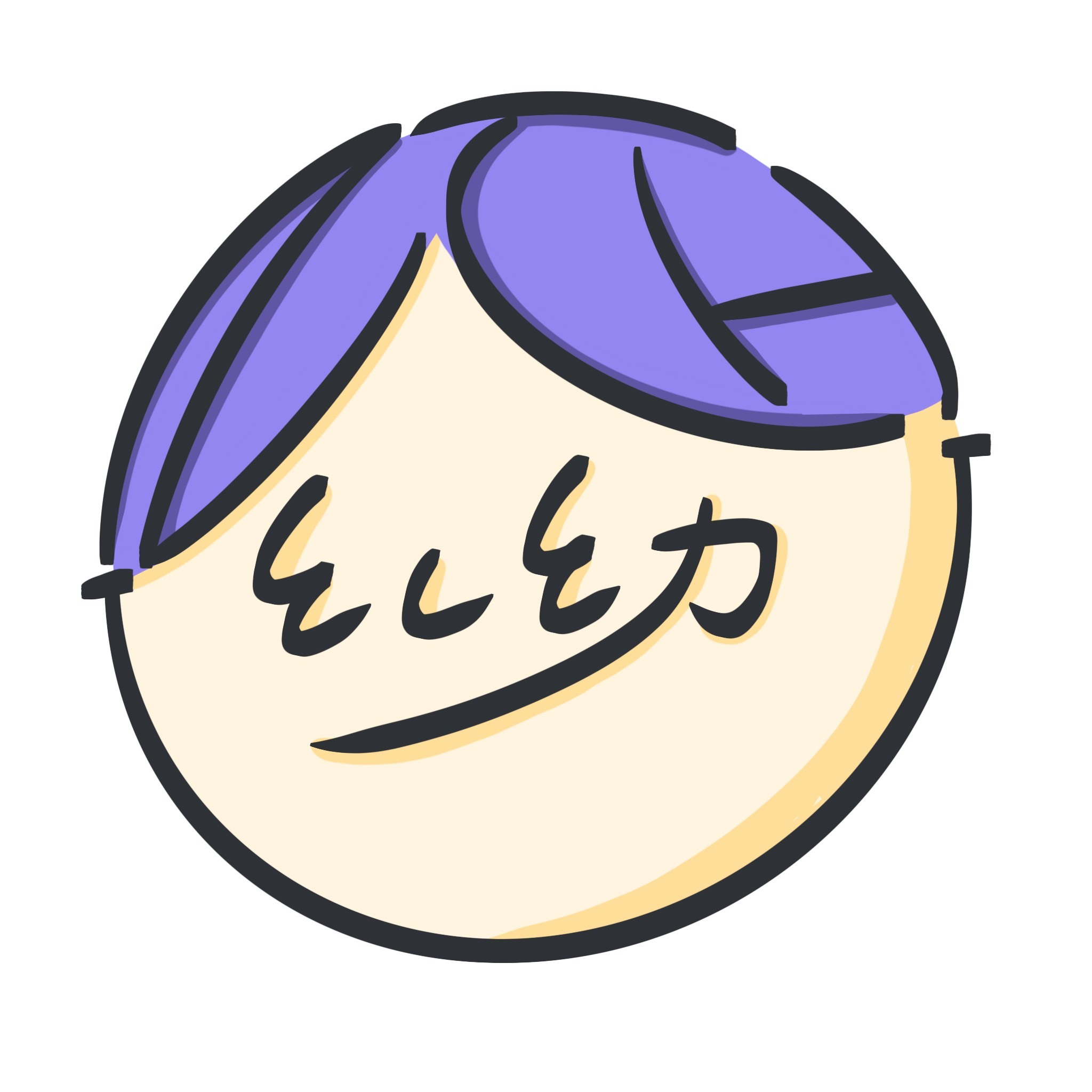Bachelor's Program
【The Highlights of International Bachelor Degree Program—Education Sciences】
1. Education-Centered & Interdisciplinary
(1) Rooted in education as the core value
(2) Emphasizes diversity and cross-disciplinary integration
(3) Designed to meet the needs of a changing global society
2. Personalized Curriculum Pathways
(1) Flexible course selection based on individual interests and career goals
(2) Offers diverse and customizable learning modules
(3) Encourages autonomous learning and professional development
3. Global Perspective &International Engagement
(1) Develops global vision and intercultural communication skills
(2) Prepares students for careers in international education industries and cross-
cultural research
(3) Opportunities to participate in international academic exchange programs
4. Strong & Experienced Faculty Team
(1) Led by a team of highly experienced educators and scholars
(2) Dedicated to nurturing future education professionals
(3) Rich teaching and research background across multiple domains
【The Core Course of International Bachelor Degree Program—Education Sciences】
1. Primary Education and Learning Technology
Primary Education and Learning Technology is an interdisciplinary field that integrates the principles of elementary education with the innovative applications of learning technologies.
2. Early Childhood Education and Developmental Science
Early Childhood Education and Developmental Science is a multi-faceted learning group that combines the distinctive curriculum and instruction for young children with developmental science and neuroscience.
3. English Instruction
English Instruction cultivates English teaching knowledge and skills through classic literary works and films, as well as courses such as curriculum design and assessment.
【Admissions Information】
2026 Fall Admission Opening Soon
More Details See:https://ibp.nthu.edu.tw/room-33.html
【Bachelor Program Objectives】
1. Develop competencies in acquiring knowledge related to child development and care, and in applying appropriate assessments and counseling techniques.
2. Acquire the ability to design and implement effective early childhood curricula and teaching strategies.
3. Apply knowledge of early childhood education and care in various contexts, understanding the influence of ecological environments on child development.
4. Enhance knowledge and skills in integrating arts into early childhood education.
5. Establish a strong foundation in professional ethics and attitudes essential for early childhood educators.
【Bachelor Program Competency Indicators】
1. Understanding Early Childhood Development:
Understanding developmental characteristics from conception to early childhood, factors affecting development, human development theories, and foundations of developmentally appropriate educational strategies.
2. Early Childhood Assessment and Guidance:
Understanding theories and principles of early childhood observation and assessment, developing appropriate observation and assessment strategies. Understanding theories and principles of early childhood care and guidance, and developing appropriate care and guidance strategies.
3. Establishing Theory-Based Early Childhood Education Philosophy:
Understanding key theories and philosophical thoughts in early childhood education, and establishing educational concepts and beliefs based on these theoretical foundations.
4. Curriculum and Teaching Competency:
Understanding curriculum theoretical foundations, early childhood education curriculum models, teaching methods across different domains, and classroom management to develop integrated abilities for curriculum design and teaching.
5. Understanding Environmental Impact on Children:
Understanding contemporary educational issues, policies, regulations, and child welfare to enhance the ability to evaluate and plan safe learning environments. Understanding the importance of family and community in early childhood development, and improving the ability to use family and community resources to support parenting and children's learning as well as the ability to support preschools to build their distinct expertise.
6. Professional Ethics in Early Childhood Education:
Adhering to professional ethics in early childhood education, and demonstrating appropriate professional work ethics with all stakeholders in the educational environment.
7. Arts and Creative Thinking Competency:
Understanding children's auditory, visual, and kinesthetic development to plan art-related teaching strategies. Understanding elements of music, dance, drama, and visual arts for children and innovative teaching applications. Developing competencies in children's artistic creation, expression, and appreciation.
8. Early Childhood STEAM Competency:
Understanding children's scientific concept development to plan early childhood STEAM education and teach technology. Implementing hands-on teaching methods to cultivate children's scientific inquiry attitudes and develop basic competencies in early childhood science and technology.
【Core Competencies of Bachelor Students】
1. Comprehend the unique physical and psychological development stages of young children.
2. Possess the ability to assess and guide children's development and learning effectively.
3. Formulate and apply educational philosophies grounded in robust theoretical frameworks.
4. Possess the ability to design and implement curricula and apply appropriate teaching strategies.
5. Understand the impact of various environmental factors on child development and learning.
6. Uphold and practice professional ethics in all educational endeavors.
7. Integrate artistic knowledge and foster creativity within early childhood education settings.
【Student Activities】
We offer a diverse range of learning activities beyond traditional classroom instruction to cultivate students’ professional competencies, including: Field trips and observational studies, internships and practicum experiences, workshops and seminars, and service-learning projects. A highlight of our program is the annual children's theater performance held in Taoyuan, Hsinchu, and Miaoli. Through this event, students can integrate different domains of early childhood education knowledge, and can promote teaching through theaters for young children. This event not only provides students with valuable practical experience but also receives acclaim from children, parents, and the broader community. We also encourage students to participate in short-term international study programs to broaden their perspectives and gain cross-cultural experiences.
【Bachelor Program Curriculum Planning】
Curriculum Structure for Bachelor Program for the Academic Year 113.

幼兒教育學系113學年度課程地圖
幼兒教育學系113學年度課程架構圖
幼兒教育學系113學年度入學學生必修科目學分數暨畢業總學分表、課程科目表
幼兒園師資職前教育課程專門課程與教育專業課程科目及學分表(113學年度起(含)入學學生適用)
